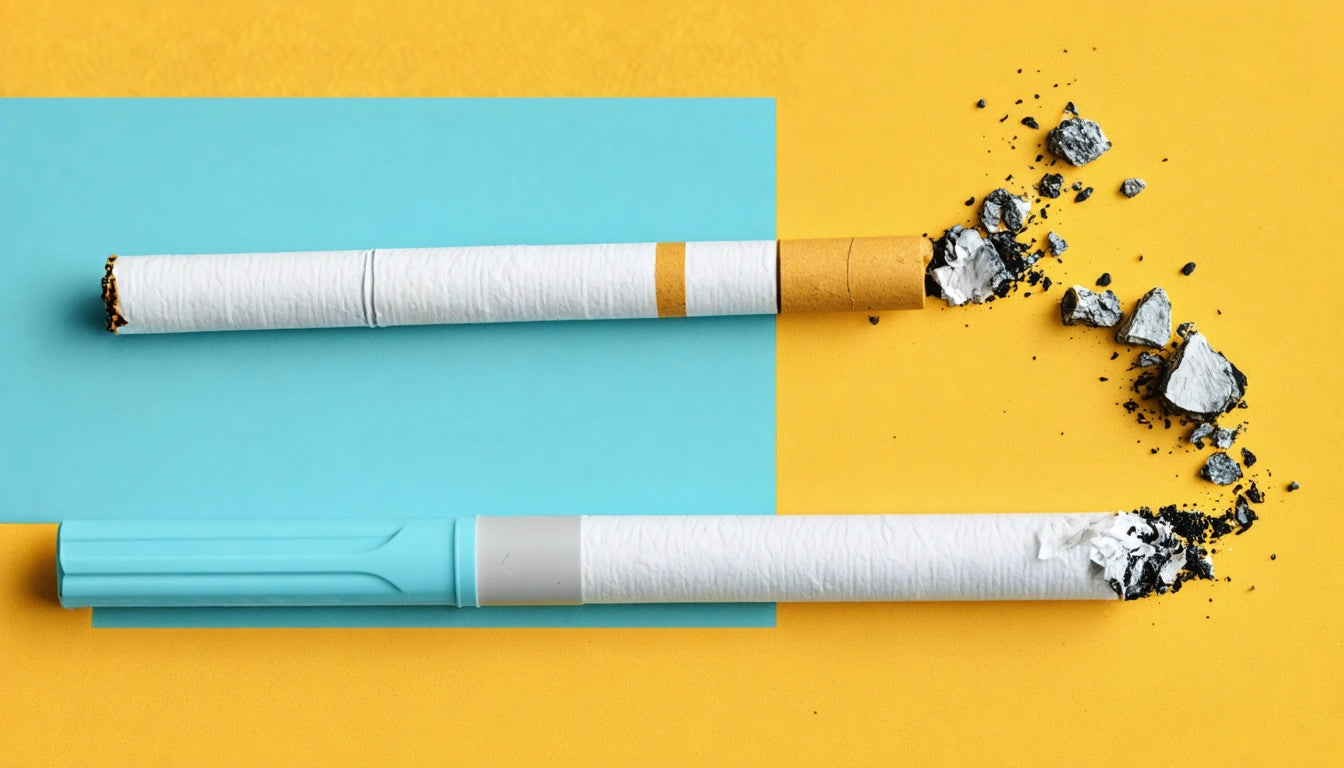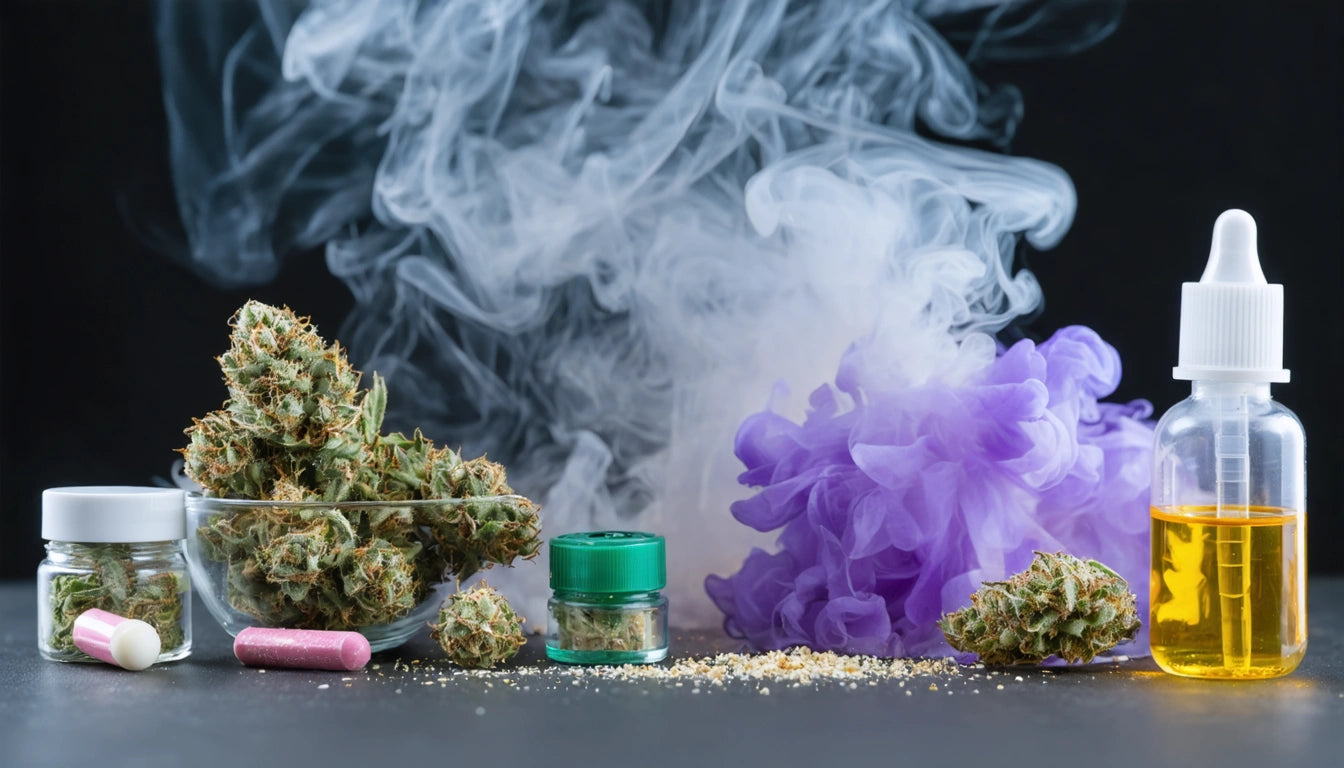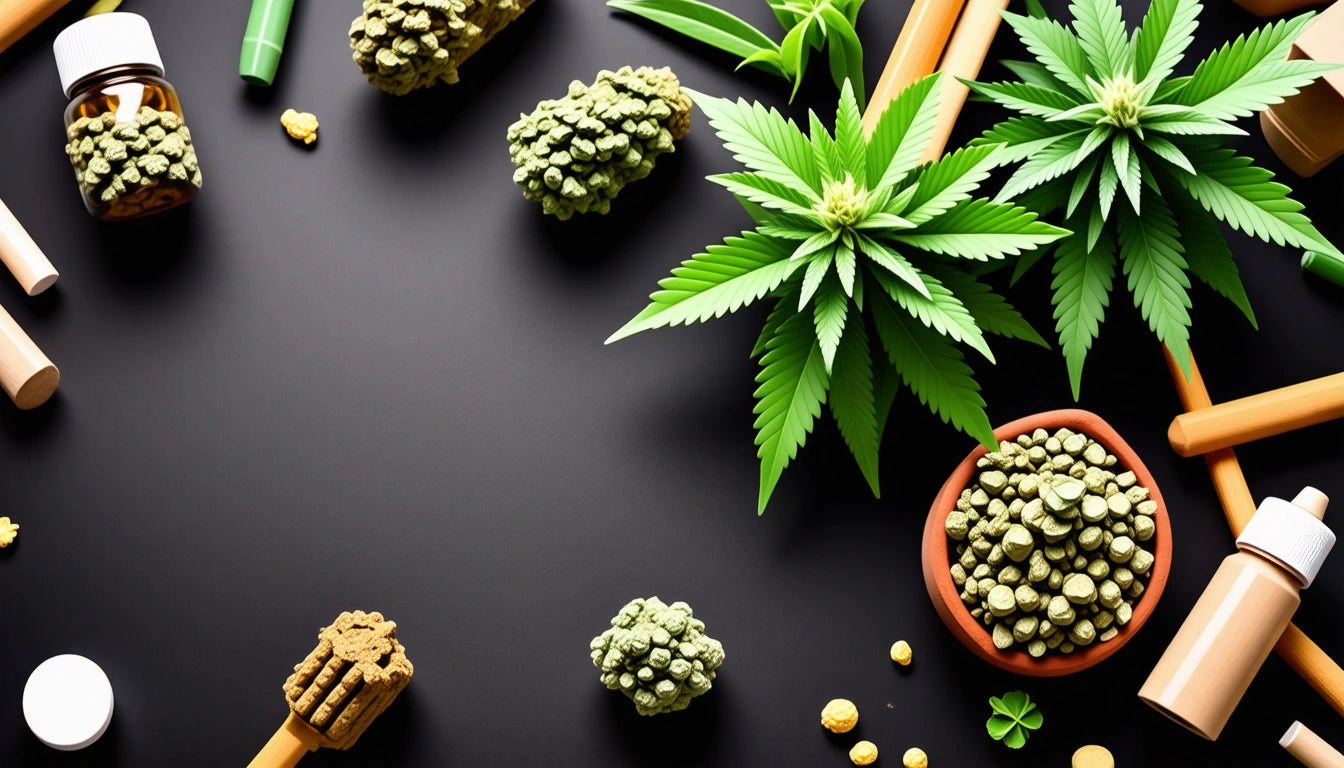How Long Should You Stop Smoking Before a Drug Test?
Cannabis consumers facing an upcoming drug test often ask the critical question: how long should I stop smoking before a drug test? The answer varies widely based on numerous factors including test type, consumption patterns, and individual metabolism. Understanding these variables can help you make informed decisions about when to pause cannabis use before testing.
Understanding THC Detection Windows
THC (tetrahydrocannabinol), the primary psychoactive compound in cannabis, can remain detectable in your body long after the effects wear off. Detection windows vary significantly depending on the testing method used:
- Urine tests: 3-30+ days
- Blood tests: 1-7 days
- Saliva tests: 1-3 days
- Hair tests: Up to 90 days
Urine testing is the most common method for cannabis screening, with detection periods varying widely based on usage frequency.
Factors Affecting Detection Times
Several key variables influence how long THC remains in your system:
1. Frequency of Use
One-time users may clear THC from their systems within a few days, while regular consumers might test positive for weeks or even months after cessation. This occurs because THC metabolites accumulate in fat cells over time with repeated use.
2. Consumption Method
Smoking methods affect detection times. Traditional smoking from high-quality pre-rolled cones may result in different absorption rates compared to vaping or edibles, which can influence how quickly THC leaves your system.
3. Individual Metabolism
Factors such as body fat percentage, metabolic rate, and hydration levels significantly impact how quickly your body processes and eliminates THC. Those with faster metabolisms and lower body fat percentages typically clear THC more rapidly.
Recommended Abstinence Periods
Based on usage patterns, here are general guidelines for how long to stop smoking before a drug test:
- One-time or occasional use: 5-8 days
- Moderate use (few times per week): 10-21 days
- Heavy use (daily): 30-90 days
Research on passing drug tests consistently shows that these timeframes can vary based on individual factors, but they provide a reasonable starting point for planning purposes.
Special Considerations for Different Tests
Urine Tests
As the most common testing method, urine tests detect THC-COOH, a metabolite produced when your liver processes THC. Understanding urine testing specifics is crucial, as detection times vary dramatically based on usage patterns.
Hair Tests
Hair tests have the longest detection window, potentially identifying cannabis use from up to 90 days prior. These tests are less common but may be used for high-security positions or legal proceedings.
Blood and Saliva Tests
These tests have shorter detection windows but are more likely to identify recent use. They're often employed in situations requiring assessment of current impairment rather than historical use.
Detoxification Strategies
While abstinence is the only guaranteed method, some strategies may support the natural elimination process:
- Hydration (without overhydrating)
- Regular exercise
- Balanced nutrition
- Adequate sleep
Effective detoxification strategies focus on supporting your body's natural processes rather than quick fixes, which often prove ineffective or potentially harmful.
Military and Employment Testing Guidelines
For those wondering how long to stop smoking before military testing, the guidelines are particularly strict. Military drug testing typically uses the standard 50 ng/mL threshold for initial screening, but confirmation tests can detect levels as low as 15 ng/mL.
Most experts recommend at least 30 days of abstinence before military testing, though some individuals may require longer periods. Employment testing varies by industry, with safety-sensitive positions often implementing stricter protocols.
Planning Your THC Detox Timeline
When determining how long before a drug test you should stop smoking, always err on the side of caution. Marijuana detection timeframes can be unpredictable, and individual variations make precise predictions challenging.
For those asking how long after smoking they can pass a test, the safest approach is to allow more time than you think necessary. While some light users might clear THC in just a few days, others may require weeks or even months of abstinence to test clean.
Understanding your own usage patterns, body composition, and the specific test you'll face provides the foundation for making informed decisions about cannabis use before testing. When in doubt, longer abstinence periods provide greater certainty of passing.











Leave a comment
All comments are moderated before being published.
This site is protected by hCaptcha and the hCaptcha Privacy Policy and Terms of Service apply.